-
Anton Chekhov, Ward Number Six and Other Stories

A: Chekhov. Q: Which one physician-writer should I read again? “The patients are many and time is short, so transactions are confined to brief questions and the issue of some nostrum such as ammoniated liniment or castor oil.”
-
Sabrina & Corina, Kali Fajardo-Anstine
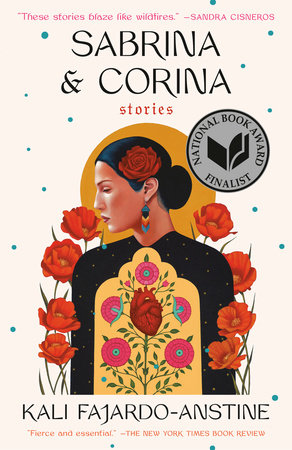
Northside! Fajardo-Anstine writes “our story of our everything” for a place and people rarely encountered in fiction. It gives me such hope to read today’s Denver narrated in this remarkable collection. In many stories, I would close my eyes and revisit the places her characters were navigating. Now, when I return to those places, I…
-
Nobody’s Normal, Roy Richard Grinker
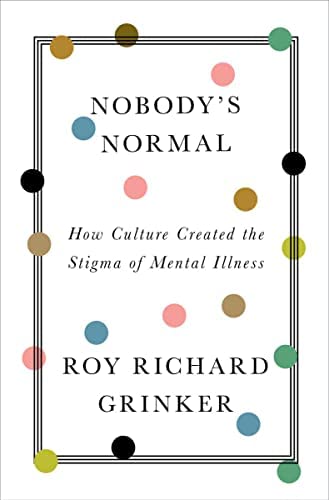
As @roygrinker reminds, psychoanalytic and biological accounts of mental illness can both increase stigma. Both serve particular cultural interests, while dis-serving others. Grinker selects capitalism, war, and the body as his chief interests, then writes about them in an incredibly readable way. (For my money, no one has written a more readable account of dimensions…
-
Questioning the Premedical Paradigm, Donald Barr
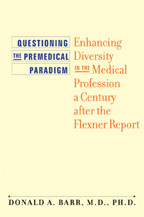
Just for med ed nerds…. On a personal level, Barr helped me understand why I struggled in the first two years of med school: plentiful data showed that humanities majors struggled in the preclinical years only to do well in the clinical years. On a societal level, this book frustrated me: despite data showing that…
-
The Soul of Care: The Moral Education of a Husband and a Doctor, Arthur Kleinman
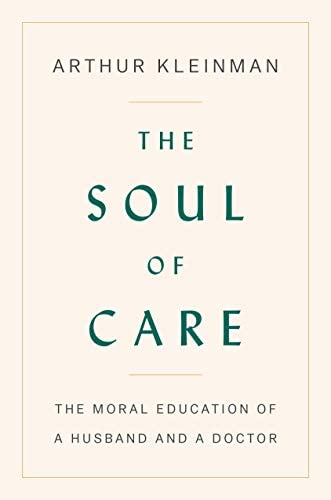
Kleinman became more fully human. Not by decades of doctoring, but by caring for his ailing wife. Why do even our most esteemed physicians report that they do not become true caregivers in our daily work? “Caregiving teaches one humility; you learn that no matter how able and successful you may be in some realms–…
-
On Social Justice, Basil the Great
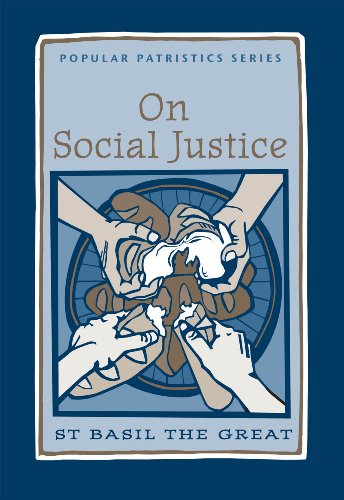
Weary from social justice debates? Basil offers a more radical account. It’s not two-tiered, it’s all in for the eschaton. To The Rich! I Will Tear Down My Barns! In Time of Famine and Drought! Against Those Who Lend At Interest! And for all the poor.
-
An Anatomy of An Addiction
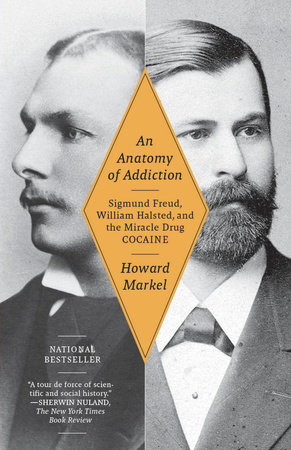
Cocaine shaped the two structures– psychoanalysis and residency– that defined my medical training. In Markel’s telling, Freud shifts from description to interpretation, and Halsted transforms from an ever-present surgeon to an aloof attending under the influence of cocaine. A fascinating account of how substance use shapes our lives. More than a century on, I recognized…
-
Disorder, Peter Swenson
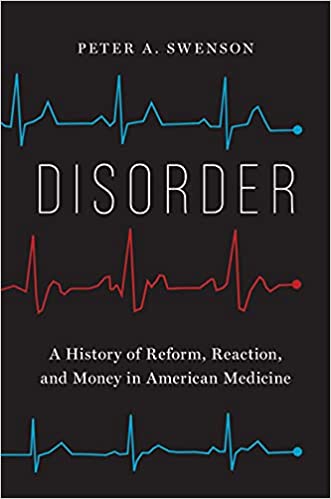
If you care about progressive movements within medicine, you have to know how we failed to build an actual healthcare system. Challenging Starr’s seminal work, Swenson places the blame squarely on the American Medical Association. I knew some of this, disagreed with the microscopic focus on the AMA, and learned even more. Just a devastating…
-
In The Company of Men, Veronique Tadjo
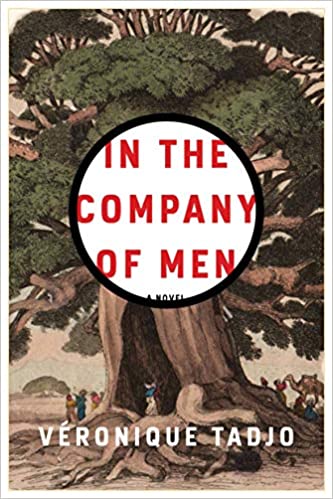
Why pandemic? @VTadjo offers a humane, poetic view of the 2014 Ebola pandemic that feels more timely and more incisive than most COVID post-mortems. Sweeping but intimate, Tadjo hears the tree, the bat, the scientist, and the sufferer all speak. We do too. Here’s a doctor “in a spacesuit discovering a new universe”: “I refuse…
-
The Premonition, Michael Lewis
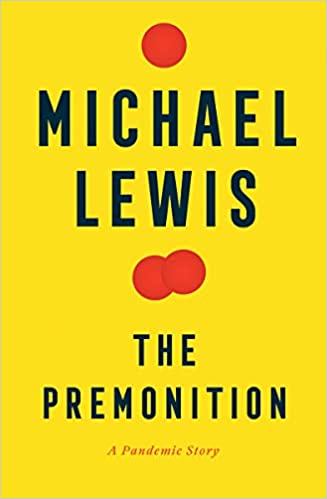
What happens when you neglect public health for decades? A Lewis book can feel like a ready-made– assemble a scrappy band of profane characters who see things to which their sclerotic masters are blind and then wind them up into an I told you so— but damn if it don’t read well. More than most,…
Abraham Nussbaum
Physician, Teacher, Writer